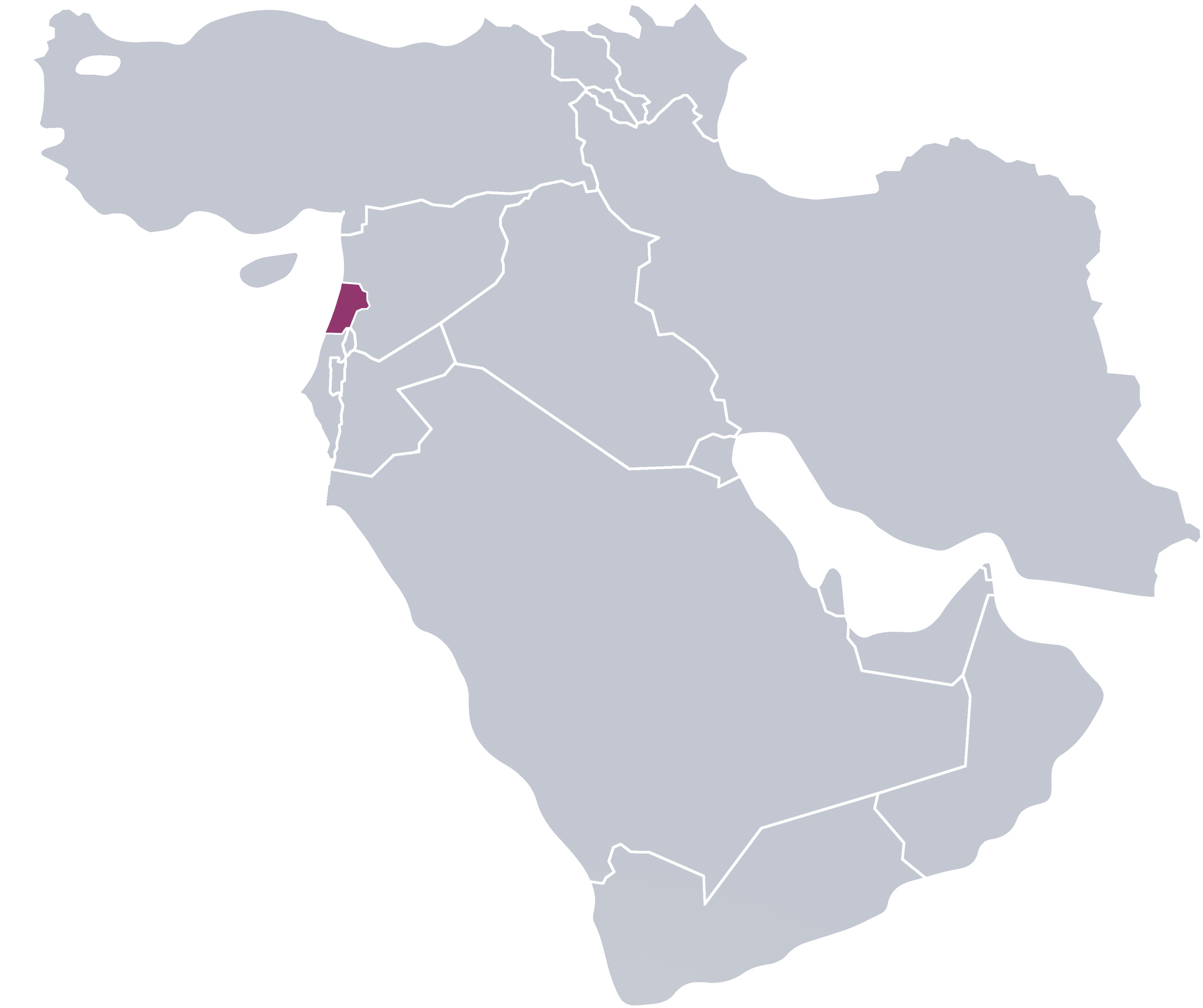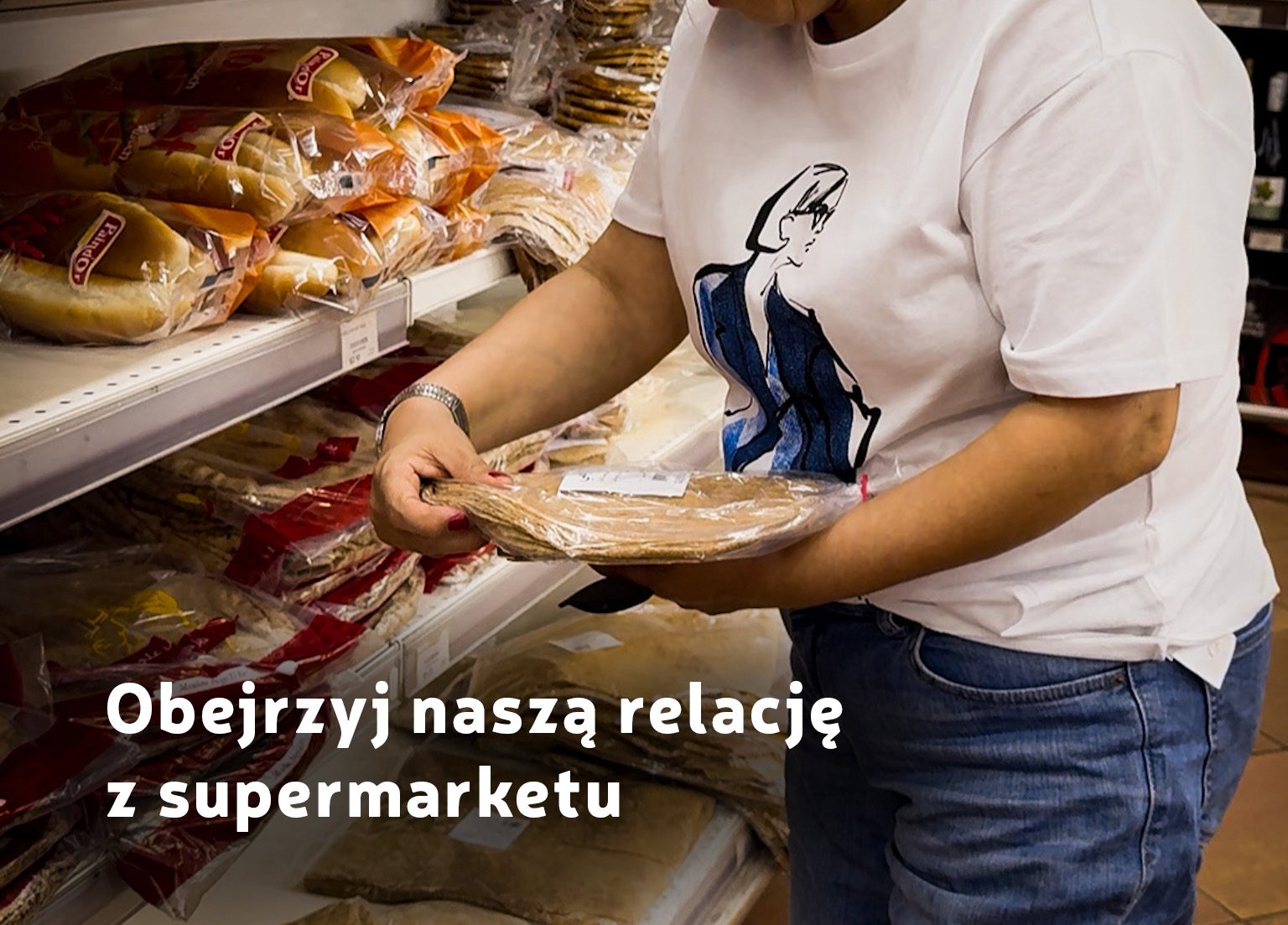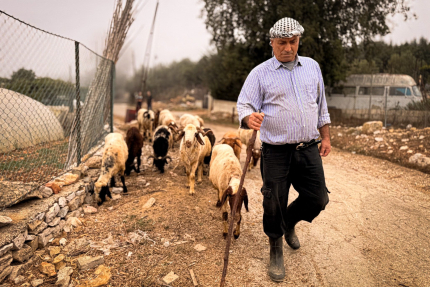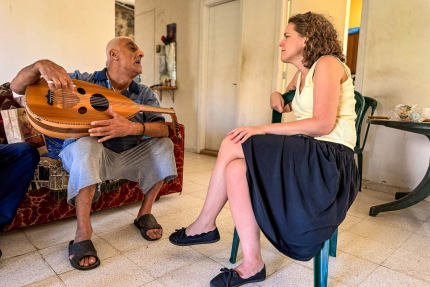“You are in Lebanon. Tonight, we share a meal, but tomorrow we could wake up to war, and nothing will be the same,” says Dr. Harouny.
His words come as the table fills with a feast of Lebanese flavors—baba ghanoush, hummus, fattoush, and kibbeh. When it comes to food, the Lebanese know everything. Sadly, they now know more than they ever wanted about hunger. The lack of water, electricity, and food is like war: it takes away freedom, tightens a noose around your neck, and, in the end, kills.
Since 2019, the situation in Lebanon has been deteriorating at an exponential pace. This small Middle Eastern country has already passed through every circle of hell, and now the region’s instability is digging new ones beneath it.
At a supermarket in Ajaltoun, Rita puts basic items into her basket—toilet paper, rice, oil, tomatoes, cheese, chicken breast, canned beans, sugar, coffee, a small packet of laundry powder, and toothpaste. Her task is to remember what a 100,000 Lebanese pound note was worth before the crisis.
“Exactly 66 dollars. That was enough to buy everything I needed for a whole month. Look, the basket’s already almost full. Today, I don’t even glance at most shelves. Shopping now means survival, nothing more.”
The banknote in Rita’s hand has shrunk to the value of a single dollar. Today, it will only buy her the cheapest pack of sanitary pads—and nothing else.
Upstairs, in the supermarket’s office overlooking the checkout lines, sits Charles. Staring at his computer screen, he calculates the store’s earnings.
“I’m part of the middle class whose horizon has shrunk to nothing but tomorrow. Putting even the smallest treat in the basket without analyzing every expense—and without the fear that it will mean no bread tomorrow—paralyzes our ‘today.’”
They can’t afford anything else.
Charles dreams of retiring somewhere calm and safe. But after forty years of work, his retirement savings amount to only three months’ salary. There will be no pension. And peace and safety seem out of reach.
On Thursday night, Israel launched rockets toward Iran. That evening, Iran responded in kind. A war began—the kind no one had dared start for the last 45 years. Dr. Harouny’s words over dinner in the Lebanese restaurant proved prophetic. Another war had begun. As the Lebanese say: “another war that isn’t ours.”






